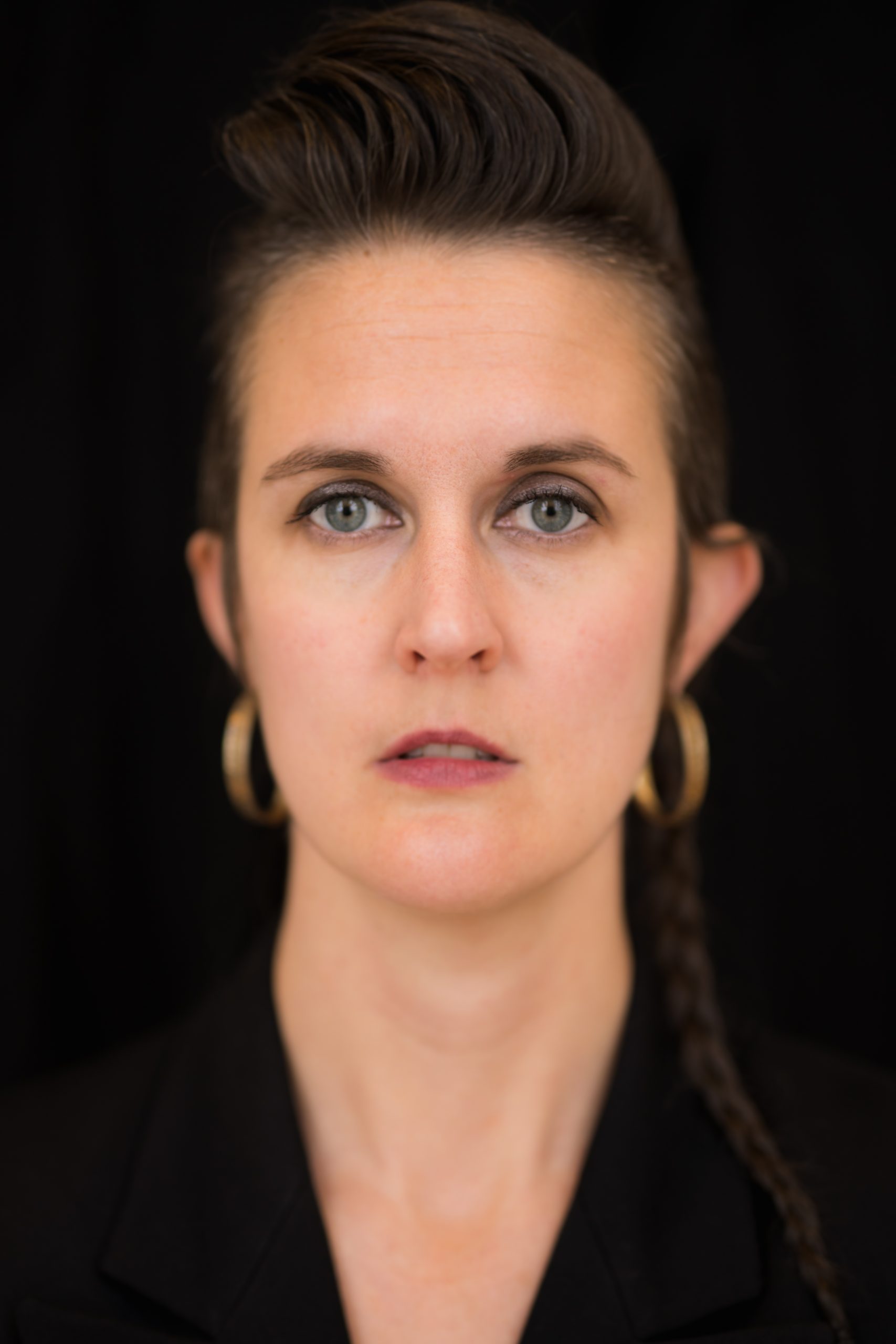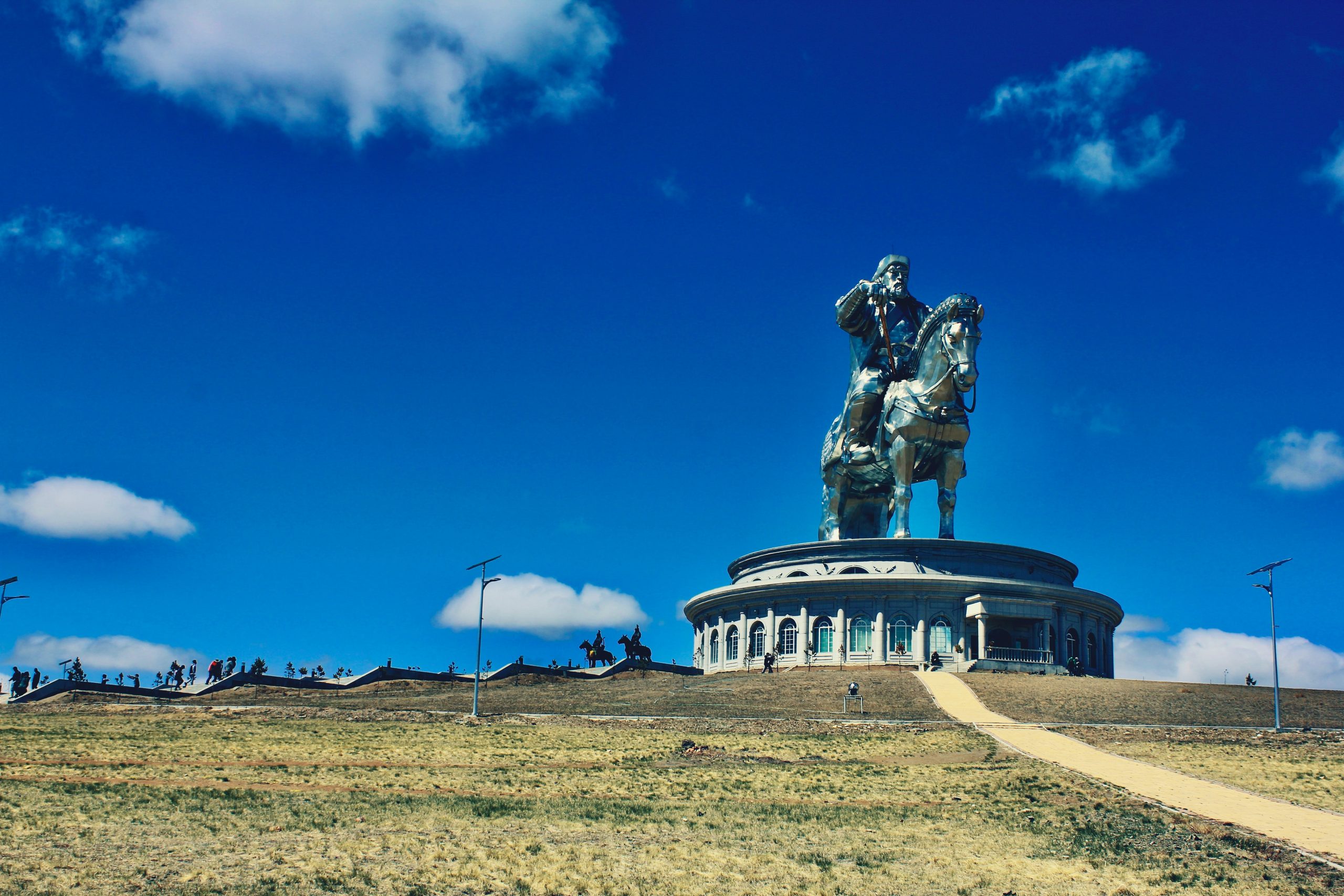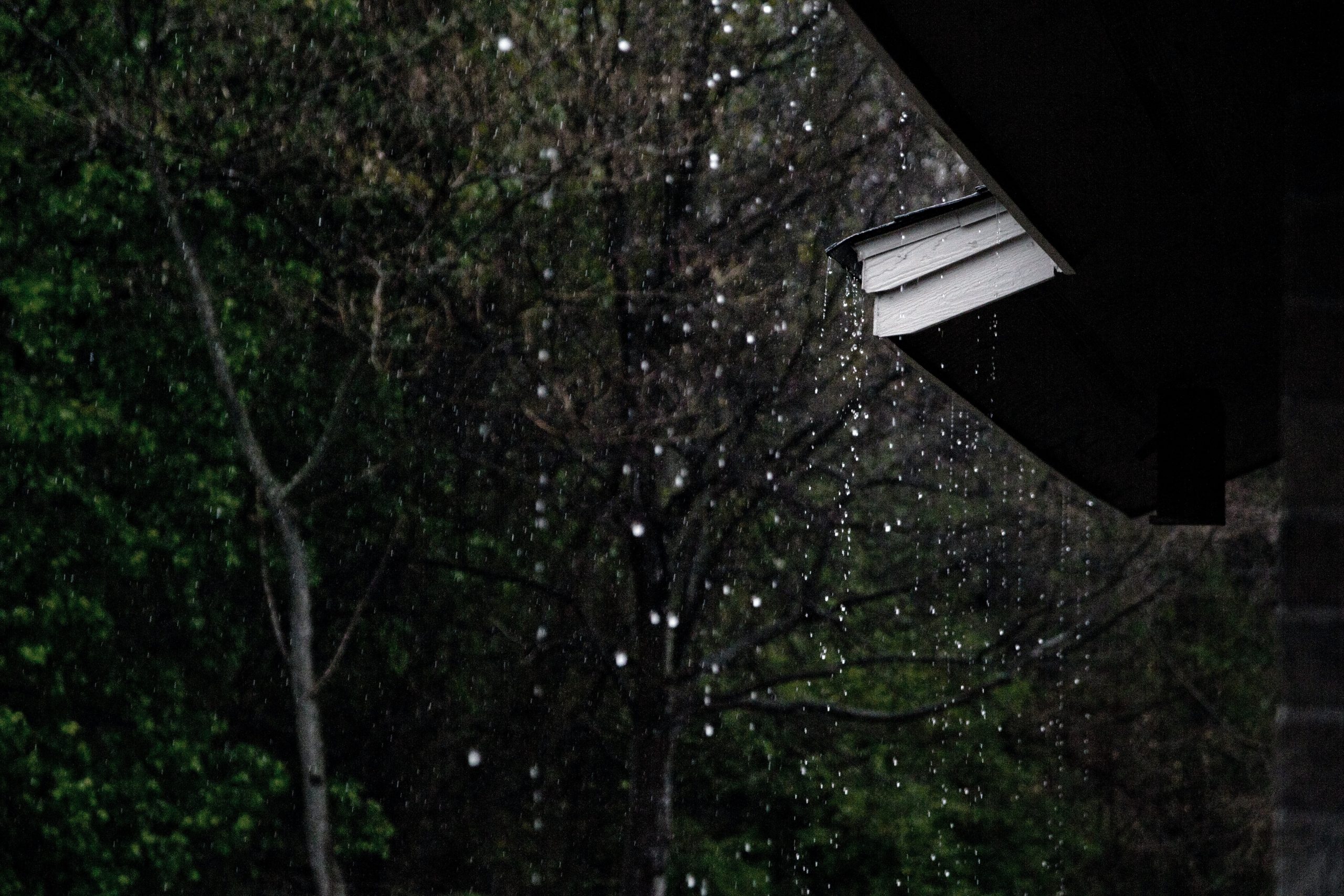I arrived in Quito in October 1968. Rolling Stone sent me to write an article on a growing counterculture of freaks and hippies travelling to South America to experience ayahuasca. The hallucinogenic vine had been popularised by William Burroughs and Allen Ginsberg, who, according to their book The Yage Letters, had tripped their way across the continent in the early fifties. Since then, the political situation had also gone South.
Five days before I landed, President Velasco swept back into power on a tide of left-wing populism. His CIA-backed predecessor was dispatched into exile, but the spy agency maintained an extensive network among the media outlets across Latin America. Velasco’s refusal to disinherit Cuba, or chastise the radical elements of Ecuador’s Communist Party, had left the country isolated and paranoid. There was an unofficial moratorium on government cooperation with Western journalists, and our freedom of movement was heavily restricted.
This left my ayahuasca story dead in the water. I had ceased my daily visits to the travel permit office after I was bully-clubbed by a uniform with a cruel pencil-moustache. I laughed when he cursed me as a gringo – it was my first time – and so he struck me across the shoulder. I fled, hiding in a church near Los Rios for four hours, until a padre told me to leave.
We reporters roamed the capital, stray dogs hungry for political meat. My chance break came at an impromptu lunch with three middlemen who had just been fired from Texaco. After two bottles of Zhumir rum, they agreed to anonymously go on the record. My subsequent article exposed the oil company’s toxification of rivers. They were deliberately poisoning Amazonian waterways to force the local indigenous people from their ancestral lands. The conglomerate viewed the region as their personal, untapped reservoir of black gold.
I arranged a meeting with the sub-editor of El Diario, feeling like Rachel Carson. And like Ms. Carson, my Pulitzer-pretension did not last very long. A security guard met me in the newspaper’s lobby, leading me to an ornate boardroom via the service elevator. I was directed to sit on one side of a substantial mahogany table, across from the sub-editor, editor, and five men in Brioni suits. After four minutes, during which no-one offered me a drink, the paper’s owner arrived looking like he had swallowed poison. He reprimanded both of his editors without looking at me. When he stormed from the room, it became clear that the suits were Texaco’s lawyers. Their lead attorney stood up, smoothing out the folds of his jacket.
“Mr. Marlowe, give us your sources and this all goes away,” he crooned.
“What goes away?” I felt a strong urge to muss his silver bouffant.
He realised I was not going to play ball and promised that I would not live to see a single word in print. I knew what that meant in Ecuador, and so I left, making my way to the bar of the Majestic Hotel on the Plaza Grande.
*****
The barman settled my third bandido onto a felt placemat. I gazed out across the cobbled square, at vendors squatting next to hessian sacks of fresh coca leaves. The colonnades and façade of the Palacio de Carondelet were grubby. I was wondering if Valesco was there in his office, when a courier arrived and handed me a Western Union envelope. I stubbed out my Chesterfield and opened the telegram.
*****THE WESTERN UNION TELEGRAPH COMPANY*****
Joseph Marlowe 3 de enero 1969
Majestic Hotel,
García Moreno N5,
16 y Chile Esq,
Quito,
Ecuador
*URGENT*
COME TO MISSION ARAJUNO PASTAZA PROVINCE URGENT STOP
ALL EXPENSES PAID ITINERARY AND PERMIT WITH HOTEL STOP
DISCRETION ESSENTIAL STOP
GOD WANTS YOU TO WRITE AN IMPORTANT STORY STOP
SISTER MARJ SAINT MISSIONARY AVIATION FELLOWSHIP =END
I read the cable twice. I lit another Chesterfield and ordered one more bandido. “What the fuck is the Missionary Aviation Fellowship?” I asked the barman. He shrugged. And how do they know who I am and where to find me, I thought. My eyes rescanned the text, settling on the phrase, “ALL EXPENSES PAID”.
“Put this on my tab,” I said, slipping on my sunglasses and hurrying to the hotel’s reception desk.
****
The Cessna Caravan 206 banked down towards the jungle outpost. Beyond the ridges that sliced out of the canopy to the West, the Andean massif threatened to engulf the land like a tsunami of mud-stained rock and ice. Through the window of the airplane the forest was formidable, stretching out for two thousand miles towards the Atlantic. We had navigated over scattered swamplands, flying low over the blackwater tributaries that comprise the Amazon Basin.
“That’s the Curaray,” said my headset.
“Impressive,” I muttered. I could see three rivers from my vantage point. “Which one, Tom?”
The pilot nodded in the direction of Arajuno. Before leaving Quito, I had pumped my local contact for information about the evangelical mission. The Shell Oil Company had abandoned the town in 1948 when three of their prospectors were speared to death by a group of indigenous hunters. It had since become a thriving community of crusading Americans, whose aim was to convert the region’s Quichua and Waorani tribespeople. Access to the site was only possible by air; there were no roads, and taking a boat was arduous and risky. The missionaries maintained an aerial network called the Missionary Aviation Fellowship, operating between their stations across the Oriente and Quito. The organisation was the brainchild of Nate Saint, late husband of Marj Saint – the sender of my telegram.
My pilot had joined the Fellowship five months earlier. An ex-college football player from Cedar Rapids, Tom had been taught to fly by his dust-cropper father. He had graduated from Wheaton, a scriptural college based in Illinois, and when I asked him why he had chosen to come to Ecuador, he told me that he was an idealist. “But now I just like to fly,” he said. I settled back for the rest of the flight, sipping guarapo from my hipflask. Tom pointed us windward, following a broad stream towards Arajuno. Thatched huts were dotted along the riverbank where children waved at the plane as we passed. We took a final turn and landed on a thin red-earth runway; a gash that had been cut through the bush on the outskirts of the settlement.
The air was close as I climbed through the stiff Cesna door. I was greeted by a woman in khaki overalls.
“Mr. Marlowe, welcome to Arajuno. I’m Marj Saint.”
She flashed me a dimpled smile as we shook hands. She was in her forties, and her Lucile Ball haircut was streaked with grey. She was cheery and reminded me of a television homebody.
“I trust Tom looked after you?”
“Yes, ma’am,” I replied.
“Everyone calls me Marj. We’ll bring your things to your billet.” She wiped her hands with a linen cloth. “Tom, billet five please.”
We walked into town along a short trail through the dense woodland. Marj stopped to point out tiny, colourful orchids, and the splayed red fingers of heliconias. She knew the Quichua word for every bird that trilled from the canopy above.
“This is chonta,” she said, pointing at a medium-sized palm with fanned leaves. “The Quichua consider this their most sacred tree. They eat the fruit, and the leaves are dried in the sun, and used as rooves for their longhouses. It’s a hard wood,” she tapped her fist on the thick trunk. “They used to make spears from this.”
“Is that something they still do?” I enquired.
“Not our Quichua,” she quickly replied, “but the Auca who live in the jungle, they still do it.”
“The Auca?”
“Yes. That’s what we call the people who live in darkness. The uncontacted tribes. It’s the Auca who we’re all here for.”
“You mean, to convert?”
Marj smiled. “The Auca are dying. There are reports of cannibalism. They’ll wipe each other out without the Lord’s intervention. They have no word for peace in their language.”
We proceeded to the commune, entering from the North. Outlying huts and corrugated lean-tos gave way to brick buildings containing workshops and storehouses. We passed several men who were performing maintenance on a church roof.
“Howdy Marj,” said a crew cut with dark glasses. He was armed with a Browning rifle. “Rachel is back, she brought the supplies.”
“Thank you, Mike.” Marj turned towards me. “We take security seriously here. There’ll be a briefing after dinner.”
I was shown to my lodgings, a well-constructed wooden prefab that had been freshly painted yellow. I showered and lay down on the bed underneath the whirr of the overhead fan.
***
I was woken by a knock on the door.
“Mr. Marlowe, dinner is ready.” Tom had changed into fresh clothes and brought my bags from the plane. He wore cut shorts, a Wheaton college t-shirt, and a holstered sidearm. I nodded at it.
“I guess dinner is mandatory, huh?”
He grinned a mouthful of corn-fed teeth. “You good to go?”
I threw my bags into the room and closed the door. A group of brawny, brown-skinned men watched from the portico of the opposite building. Most of them wore pants and shirts, but one elderly man stood out, wearing only a thin cotton loincloth.
“Who are they?” I asked.
“Waorani. The old man is new, he arrived four days ago.”
“Can I speak with them?”
The mission was funded in large part by the Dallas-based Summer Institute of Linguistics, whose goal was to translate the bible into all languages. It was mandatory for every missionary to complete an intensive course before being allowed in the field; Tom had spent three months in Quito learning Wao, the language spoken by the Waorani. I was interested to see how much he had picked up in such a short space of time.
As we approached, the old man picked up his belongings and strode out to meet us. His black hair was cut into bangs, flowing long down his back and shaved at the sides. He wore a large balsa-wood disc in each earlobe. A blowgun was slung over his shoulder and a delicate lizard skull dangled from a cord around his neck. He spoke to me directly whilst Tom translated.
“He has named you after his son, who was killed a few weeks ago in a raid. The Auca kill strangers on site, so he has given you a family member’s name so that you are known to him, and will not be his enemy,” he said.
“That’s good,” I said. The man’s fingers and knuckles were thick knotted vines.
“With great power comes great responsibility, Luke 12:48,” Tom countered. “You are now known to this man, so you’re part of his tribe. He expects you to give him gifts when you return to this place, especially because you’re white.”
“Can you ask him about his son? What happened to him?”
“No, it’s best we don’t. The Auca believe the souls of children are eaten by worms. Marj doesn’t allow that kind of thing, not in front of the Waorani who live here.”
The old man soon lost interest, melting away from his companions. I learnt that the others had all converted; they wore silver crosses and carried New Testament bibles. They lived in the community on a semi-permanent basis.
“Where do they live for the rest of the time?” I asked.
Tom sighed. “They return to their tribes. It’s a revolving door, no hellos, no goodbyes. One day they just decide to undress, and off they go. They go back to their old way of life, back to the darkness of the jungle.”
We left and made our way to the commissary. As we approached the dining hall, Tom said, “you should speak to Gimade. She’s a Waorani.” Before I could respond, he had slipped through the door.
Inside, Buddy Holly crackled from a hidden speaker whilst people clustered in groups, gossiping and clinking beer glasses. Marj approached, accompanied by a woman with wide shoulders and a full-moon face.
“Mr. Marlowe, I’d like to introduce my sister-in-law, Rachel Saint,” she said, handing me a cup of red punch. “She’s the one who heard about your Texaco article. She’s the reason you’re here.”
I frowned. “And just why am I here, Ms. Saint?”
They exchanged smiles.
“Tomorrow you will witness a miracle. I believe God put you in Ecuador to tell the story of this miracle,” Rachel’s voice had a soft Pennsylvanian lilt.
I paused. “And what miracle might that be, Ms. Saint?”
“Tomorrow we travel by boat along the Curaray. We are going to Palm Beach to rendezvous with a tribe of Auca. It is perfectly safe; I can assure you. We are even bringing our children.”
“Palm Beach?” I mumbled.
“A sand bar on the river. We call it Palm Beach,” interjected Marj.
“Tomorrow is the anniversary of my brother’s murder,” said Rachel, “Marj’s husband, Nate. We are going to baptise the men who murdered him.”
The dinner hall fell silent and I swallowed the cup of punch.
**
Nate Saint was the leader of Operation Auca. His young team consisted of five missionaries: himself, Peter Fleming, Jim Elliot, Ed McCully and Roger Youderian. Like Tom, the five men were zealous idealists yearning to battle against the forces of ignorance. They would have looked at home at a NASA press conference – chiselled Americans with flare and a thirst for adventure.
In October 1955, they assembled at Arajuno to prepare for first contact with an Auca tribe. The men knew the dangers. They had heard about the slaughtered missionaries in Bolivia, twelve years prior. This time would be different though, because Saint had a plan.
He had devised an ingenious method of using his Piper PA-14 to deliver gifts to the tribespeople. By lowering a canvas basket attached to a long piece of rope, and then putting the plane into a steep turn, the drag of the rope would eventually leave the basket motionless below the aircraft. This meant that Saint could lower provisions – tokens of goodwill – to the indigenous people on the ground.
Saint, Elliott, and Fleming had discovered a collection of Auca dwellings a short flight from town, which they nicknamed Terminal City. The strategy was to make friendly, aerial overtures until the team felt safe enough to make ground contact. A landing strip was cleared on a sandbar on the Curaray, which they dubbed Palm Beach. It was a ten-mile trek from Terminal City. The next thirteen weeks was spent making deliveries to the tribal community. Saint had rigged a one-way radio to the basket through which he repeated the Wao word for friendship. The tribe reciprocated with their own offerings, including a talking parrot and a macaw-feathered crown.
The missionaries’ confidence peaked, and at 8:02am, on January 3rd, 1956, the team flew the first of five supply runs to Palm Beach. Time was limited, the oncoming rainy season meant the river would soon rise and flood the area. Youderian constructed a tree house for shelter, whilst Eliot walked the beach, sermonizing to the forest. Saint checked the camp’s equipment, documenting the mission with his journal and camera. He hid his disappointment during radio calls back to base, announcing daily, “all’s quiet at Palm Beach.” Meanwhile, Fleming flew the plane over Terminal City, dropping gospel-pamphlets into the clearing, and shouting the Wao word for river through a loudspeaker.
On Friday 6th, the team had gathered for morning prayers. Yelling emanated from the treeline. Three Auca appeared, a young man and girl accompanied by an older tribeswoman. The man wore a thin strip of cloth that tied his penis to his belly. The missionaries called the man George and the girl Delilah; the Auca spent the whole day at the beach. They showed no understanding or acknowledgment that the white men could not understand their language. George was gifted a shirt but refused Fleming’s attempts to clothe him. Later that afternoon, Saint flew George over Terminal City. George, leaned far out of the plane, waving and hooting at his kinsmen below. When they returned, the missionaries led afternoon prayers, but George and Delilah drifted off down the beach and back into the forest. Youderian remained with the older woman by the fire. She chattered at him all evening until he retired to the treehouse. She sat by herself, continuing her conversation alone. By morning she was gone.
Considering first contact a resounding success, Saint and Fleming returned to Arajuno to celebrate. All was quiet at Palm Beach once more. During a flight over Terminal City later that day, Saint spotted George, who gesticulated wildly at the plane with his companions. On Sunday morning, January 8th, the Auca village seemed empty. Certain the tribe were making their way to the river, Saint made his final broadcast, “Looks like they’ll be in time for afternoon service. Pray that this is the day! We’ll contact at four-thirty.”
*
I stood on the white sands of Palm Beach and watched the ceremony. It was January 8th, thirteen years to the day when Nate Saint and his team were massacred. Five Waorani men, dressed in formal Western attire, were baptised in the shallows of the Curaray River. Nate and Marj’s son, Steve Saint, performed the ceremony, immersing his father’s killers, one after another.
When the ritual was over, Marj invited me to walk with her along the riverbank. “Life magazine covered the story of the ambush, just after it happened,” she said. “But this is the real story. Redemption.”
“And forgiveness?” I asked.
“Only God forgives those who are redeemed,” she replied.
We clambered above the ragged waterline. The skeleton of Youderian’s treehouse clung to the trunk of an enormous ceibo tree. Fifteen metres away, Marj pointed out the common grave of the five missionaries.
“The rescue party were armed,” she said, “but they couldn’t bring the bodies with them.”
“How do you feel about leaving them here in the jungle?” I asked.
“Rachel said it best. She wrote back home to her and Nate’s folks, ‘the unmarked graves are five grains of wheat planted in Auca soil.’ That’s how I feel. We’re all proud that the blood of our husbands and brothers became the seed of the Auca church.”
I was shown where the bodies were located. Saint’s wristwatch had stopped at 3.12pm. A gospel-pamphlet had been found, wrapped around the spear that protruded from his torso. It had taken three days for help to arrive. By that time, the plane had been stripped of its canvas and the corpses were bloated and grey.
I scanned the beach. A group of missionaries knelt in a circle with the Waorani who had been baptised. Another group were throwing around a frisbee. I turned away. Tom was behind me, accompanied by a Waorani woman. She was dressed in a brilliant-white shirt with bright floral piping.
“Mr. Marlowe, this is Gimade. I think you should hear what she has to say,” he said.
“Why? What’s going on, Tom?”
“Gimade. She’s Delilah,” he said, “she was here on that day.”
We returned to the narrow motorboat. Tom translated Gimade’s story to me as she spoke.
The missionaries had learnt their rudimentary Wao from Gimade’s older sister, Dayuma. She had fled the forest when her father and brother were speared in a raid. Gimade was searching for her long-lost sister when she happened upon the encampment at Palm Beach. Accompanying her was a man called Nenkiwi. He was a noted troublemaker, who had drowned his second wife and pretended that she had been taken by an anaconda. Nenkiwi followed Gimade everywhere.
When the two Waorani left the beach, they sealed the fate of the missionaries. For an unmarried man and woman to travel without a chaperone was unthinkable. They were discovered, and Nenkiwi had to think fast. He blamed the missionaries, telling the tribe that Gimade had been kidnapped and assaulted. It worked – it was decided that the white men were devils upon the discovery of photographs in the bucket. Gimade went along with the pretence to save her own life, and a raiding party was assembled.
EPILOGUE
Flying back to Quito, I flicked through the dog-eared copy of Life which Marj had given me.
“This is the story of darkness,” she had said. “Now you can tell the story of light.”
The article led with a photo of the missionaries’ widows and their children. The reporter had done his research well, including detailed information on the men and their families. I noticed a picture of a young Gimade – the caption referred to her as Delilah. It had been pulled from Saint’s camera which they found at the bottom of the Curaray. The last photograph he had taken had been stripped of emulsion by water-damage – the image of Gimade had been replaced by a patch of blackness.
I tossed the magazine into my knapsack and pulled out my hipflask. Looking out of the window, I imagined the jungle as a vast wheatfield, ears of corn bent by the wind.
“Marj was wrong,” said my headset.
“What?”
“About the article,” Tom replied, “Marj was wrong. It’s not a story about darkness, it’s a story about sacrifice.”
I thought about Gimade. I had asked Tom why she had wanted to tell me her story. She had answered directly, in clear English: “perhaps you are here to tell our story, not theirs.”
I sat back and took a slug of guarapo.
“Tom, do you know where I can get some ayahuasca?” I asked.
Colin Clark is a creative writing and English literature student at Birkbeck University. His favourite writers range from New Journalism’s Tom Woolfe, Joan Didion, and Truman Capote, to postcolonial writers such as Sam Selvdon and Chinua Achebe.









